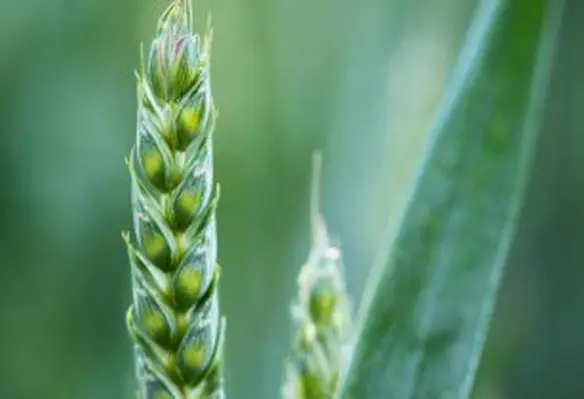As the governments are taking measures such as banning grain exports and suspending flour sales abroad to ensure their own food security in COVID-19 escalations, this could trigger a food crisis in the world, according to the UN
According to the UN Food and Agriculture Organization (FAO), there may be disruptions in food supply chains in April and May.
The pandemic, which killed thousands of people, put tremendous pressure on the global food supply chain as well as the healthcare system. People run to the markets in panic and stock up on flour, pasta and pulses. Pasta and flor sales in France tripled compared to the same period of last year. Demand for flour has increased by 80 percent in Italy, one of the countries most affected by the pandemic.
However, there is no need to panic. Global harvest outlook is good in main grains including wheat and corn. There is enough food for the whole world. Not long before, what happened in the food crisis that broke out between 2007 and 2008 due to price increases in basic foodstuff is still in memory. Policy makers should not repeat mistakes made during that crisis. Steps to turn the health crisis into a food crisis should be avoided.
According to FAO chief economist Maximo Torero, “The worst that can happen is that governments restrict the flow of food. All measures against free trade will be counterproductive. Now is not the time for restrictions or putting in place trade barriers. Now is the time to protect the flow of food around the world.”
We must work in a coordinated way to prevent a possible food crisis. We must stay calm and have common sense for the sake of our families, loved ones and humanity. Let's not forget that we can overcome this global threat only with a global struggle.




